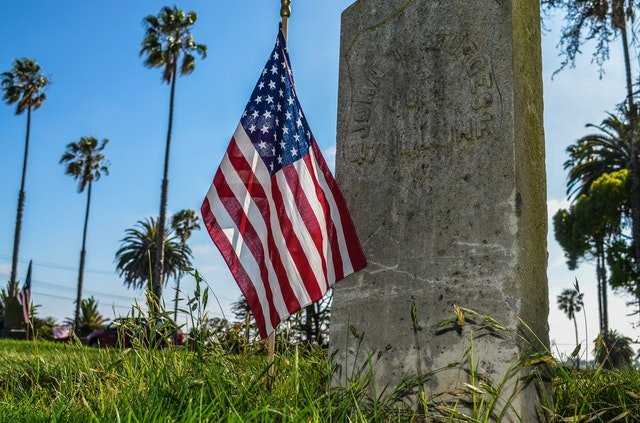
Losing a loved one can be devastating. On top of the emotional damages, family members of a loved on who passed away may also have to worry about the financial burdens of losing the financial provider of the family. If a veteran passes away, however, his or her spouse and other family members may be eligible for additional benefits. Specifically, the Veteran’s spouse may be eligible for dependency and indemnity compensation (DIC), a monthly compensation payment that is applicable under certain circumstances.
To be eligible for dependency and indemnity compensation, an individual must meet one of the many qualifications. T qualify, the cause of the veteran’s death must be a service connected disease or injury. The veteran also must have died while on active duty, active duty for training, or inactive duty training. Dependency and indemnity compensation is also applicable if the veteran died from a non-service connected injury or disease and was totally disabled due to their service-connected disabilities for:
Generally, in order to qualify as a surviving spouse, you have to be married to the veteran for at least one year prior to his or her death. This requirement does not apply if the marriage to the veteran occurred during or before their service, or if the couple had a child at any time. However, even if you were not married to the veteran for the year prior to their death, the VA may consider that you are eligible
If you were not married to the veteran for the year prior to their death, you may still be eligible if the VA determines you had a common law marriage. A common law marriage is a legally recognized marriage between two people who have not purchased a marriage license or had a marriage ceremony. States that currently recognize common law marriages are:
Other states should recognize common law marriages from those states, due to the “full faith and credit” clause of the U.S. Constitution.
In order to have a common law marriage, Black’s Law Dictionary states that there must be an agreement to marry, followed by cohabitation. The VA has the additional requirements that the parties represent themselves to the members of the community as husband and wife.
The VA may also recognize marital-type relationships when no legal marriage was created under state law, in cases of a “deemed valid marriage.” A marriage may be “deemed valid” by the VA when the VA determines that there would have been a valid marriage, but for the existence of a legal impediment. The claimant must have been unaware of the existence of the legal impediment at the time of marriage.
If you have been denied disability benefits and would like assistance appealing your rating decision, contact the skilled VA appeals lawyers at Berry Law. Our team has successfully assisted thousands of veterans in their fight for disability benefits. On top of that, our team features attorneys from all 4 branches of the military. When you need help in your fight for disability benefits, give our team a call at (888) 883-2483.
Our monthly newsletter features about important and up-to-date veterans' law news, keeping you informed about the changes that matter.